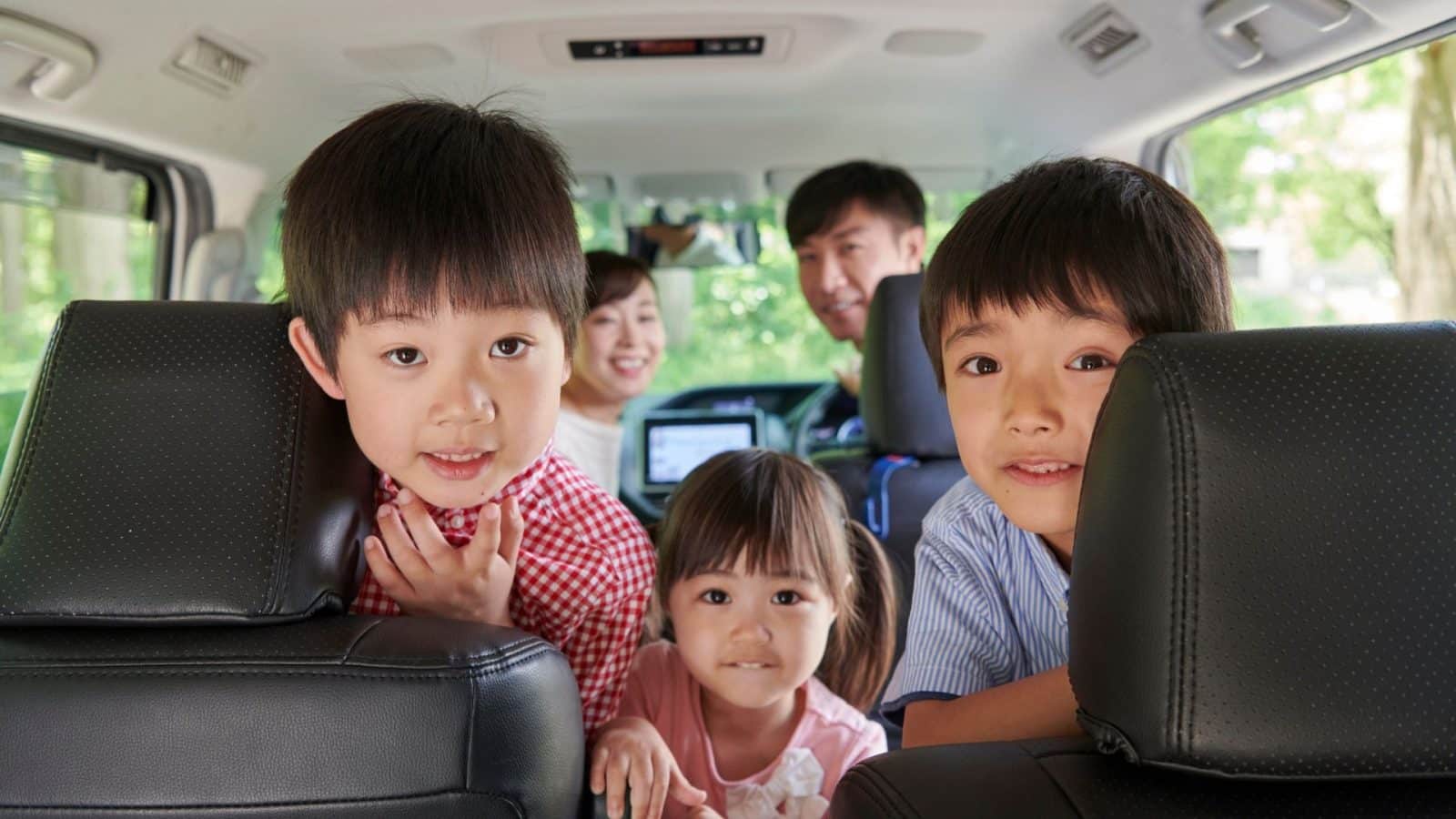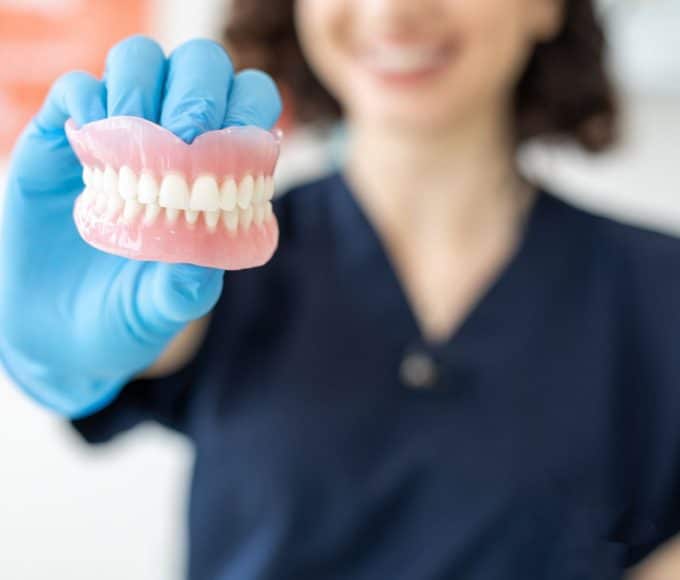Family vacations create lasting memories, but unexpected accidents can turn a dream trip into a stressful situation. Knowing how to handle accidents while traveling with kids prepares you for minor mishaps and keeps your family safe on the go. Having a plan allows you to respond calmly and efficiently, getting you back to making memories.
Pack a First-Aid Kit
Before you hit the road, board the plane, or relax on the cruise, you must be well-prepared for any mishaps. Make sure to pack a well-stocked first-aid kit that addresses minor injuries promptly. Instead of buying a pre-made one, we recommend customizing your own to fit your family’s needs and destination.
What to Include:
- Basics: Adhesive bandages of various sizes, antiseptic wipes, sterile gauze pads, and medical tape.
- Medications: Children’s pain relievers like ibuprofen or acetaminophen, allergy medication (antihistamines), and any personal prescription medications.
- Tools: Small scissors, tweezers for splinters, and a digital thermometer.
- Extras: Hydrocortisone cream for rashes or bug bites, and an instant cold pack.
Keep the kit in a waterproof bag and store it in your carry-on for easy access during flights or car rides.
Know Your Destination’s Emergency Services
Before departing, look up emergency contact details for your destination. Save phone numbers for local police, ambulance services, and nearby hospitals or urgent care centers in your phone, and bookmark their websites if possible. If traveling abroad, find the address, phone number, and contact details for your country’s embassy or consulate in that country.
Also, make note of the local emergency procedures or procedures for contacting your country’s mission. This thorough preparation can save valuable time during an emergency and ensure you know how to get help quickly when needed.
Prepare for Common Travel Mishaps
Minor accidents happen, but a little preparation goes a long way. For motion sickness, have ginger candies or over-the-counter remedies available. Pack aloe vera gel for sunburns and rehydration salts for dehydration, especially in warm climates.
If a more specific injury occurs, like a dental issue, quick action helps prevent further damage. For instance, knowing the emergency steps to take if you crack a tooth, such as rinsing the mouth with warm water and applying a cold compress, can help manage pain until you see a professional.
Document Important Information
Keep digital and physical copies of your family’s essential documents. This includes passports, birth certificates, health insurance cards, and a list of any allergies or medical conditions. Store digital copies in a secure cloud service and keep physical photocopies separate from the originals. This way, if one set gets lost, you have a backup.
Stay Calm and Reassure Your Child
Your reaction sets the tone for your child. When an accident occurs, stay as calm as possible. Reassure your child with a soothing voice and confident actions. Children look to their parents for cues on how to feel, and your composure can make a scary experience less frightening for them.
By taking these steps, you can feel more confident and prepared to handle accidents while traveling with kids. This foresight allows your family to focus on the joy of exploring new places together.
Recommended Reading: Family-Friendly Travel: Creating Lasting Memories with Loved Ones














